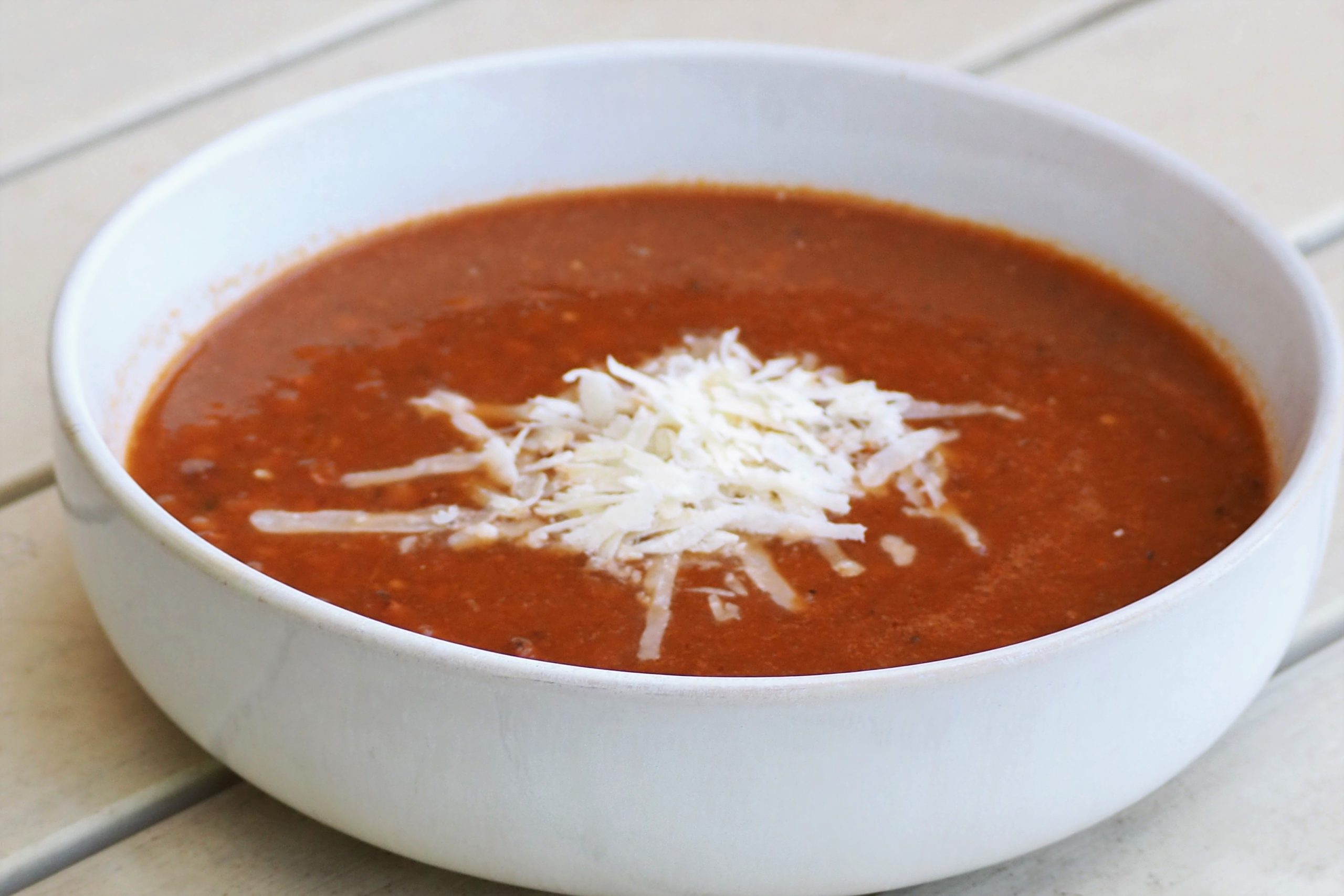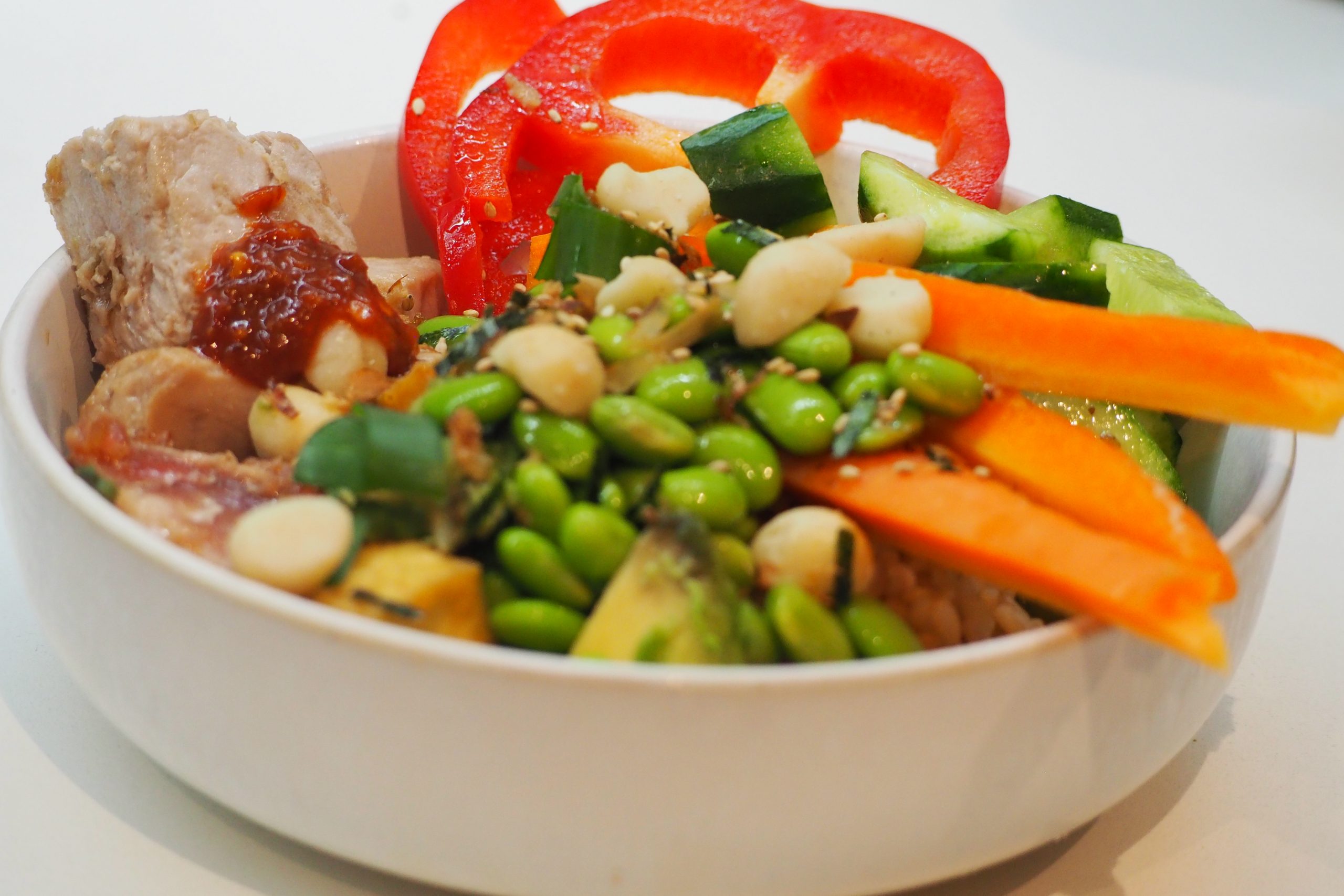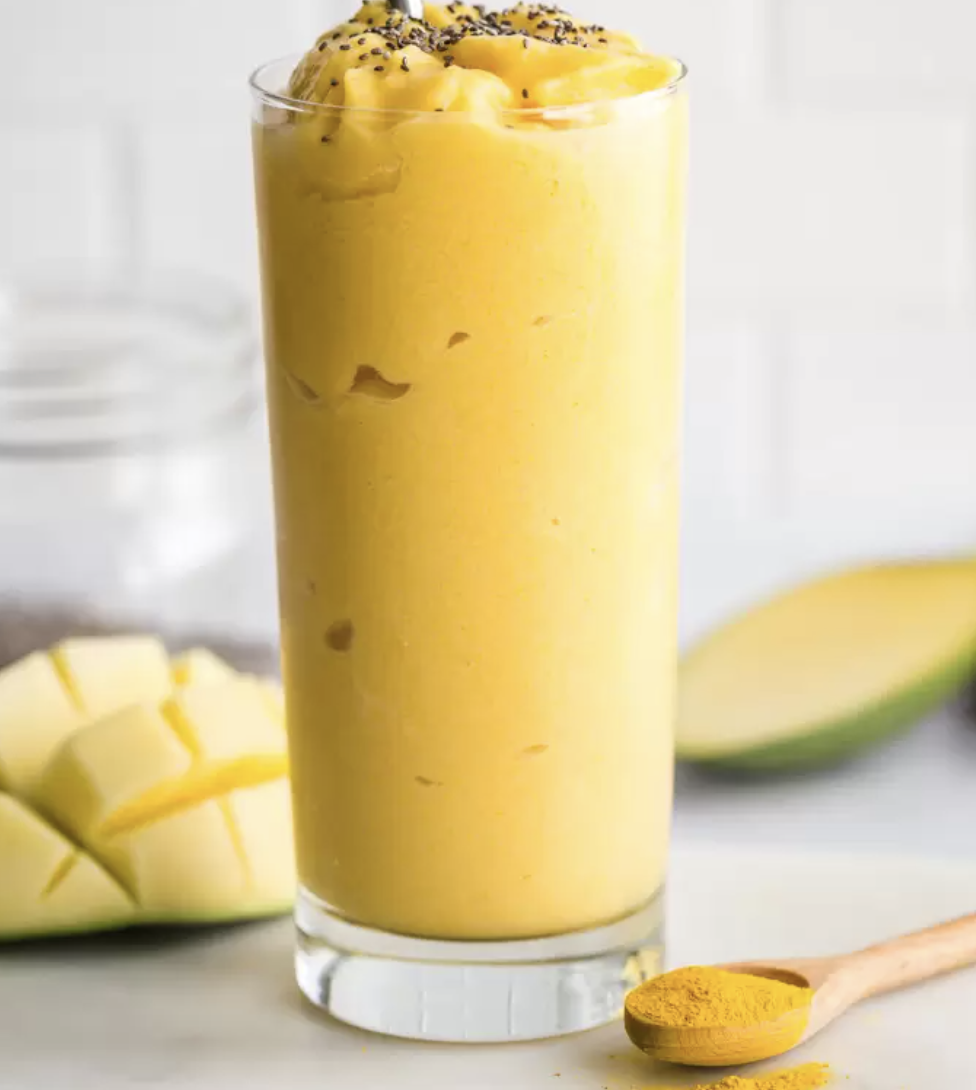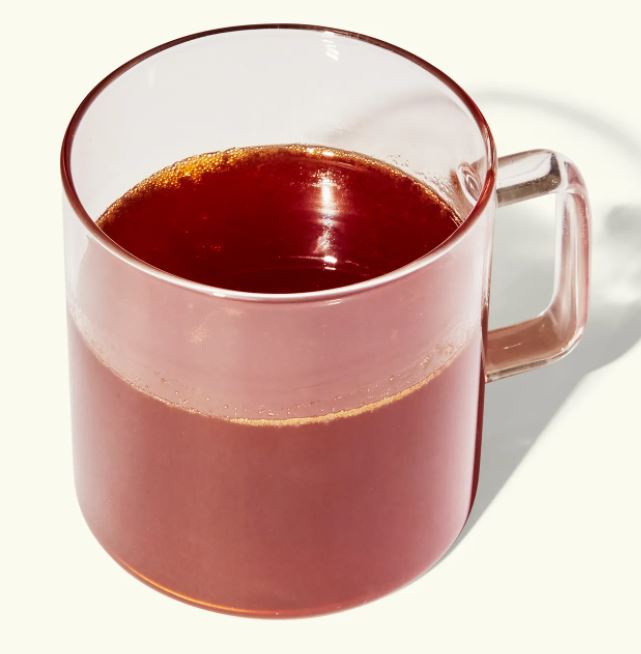The short answer is simple: during treatment, avoid the foods that you can’t tolerate or the foods that may make symptoms worse. For example a very high fibre or bulky diet is not the best for someone with a poor appetite, who is also experiencing ongoing bouts of diarrhea. Otherwise there are no specific foods that need to be avoided unless your doctor tells you something different.
The starting point should be a typical well-balanced diet, with a bit more emphasis on high-quality protein foods, some grains, at least 5-7 servings of fruits and vegetables and some limits on unhealthy fats and sugar.
But if this type of diet doesn’t agree with you, or you are experiencing difficulties eating, it is up to you to work with your clinic and dietitian to find a more workable diet.
For example, people with mouth sores may find that some fruits are too painful to eat. People with nausea and diarrhea may find they just can’t tolerate high-fibre breads and cereals. All this is okay, as the treatment phase is just one window of the cancer journey and it doesn’t last forever. Nutrition is always about deciding what the highest priorities are at the time, and then working the background diet around so it can support other longer term health concerns.




